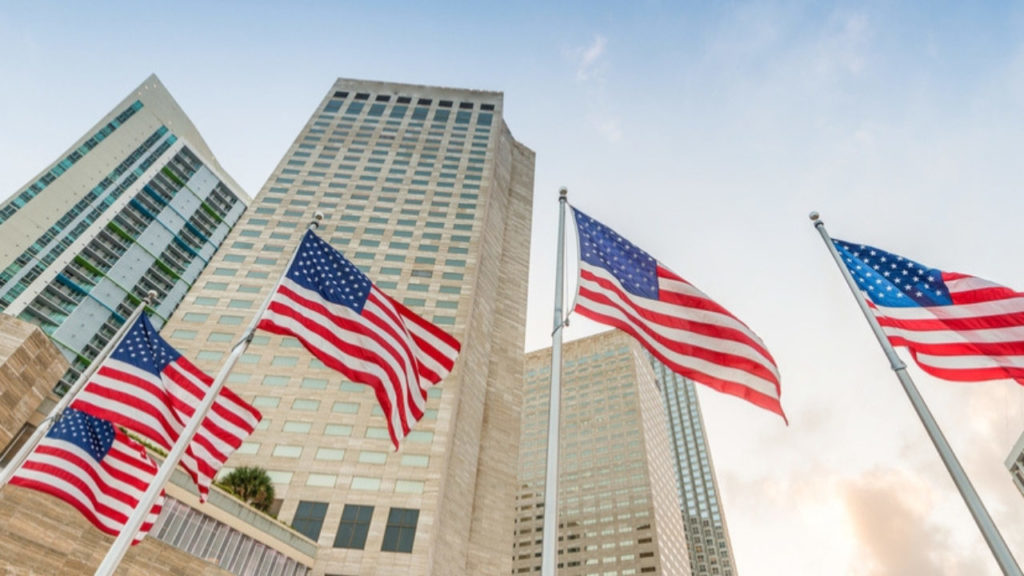Lawsuit Filed Against Biden Govt Over H-1B Wages Rule: Will US Govt Rescind This Rule?

In October, 2020, the Trump administration proposed granting the revered H-1B visa petitions to foreign applicants based on their wage levels, which means applicants would be preferred on the amount of salaries offered by US employers, over the initial ‘H-1B visa lottery’ procedure.
This proposal was highly condemned by the US immigration attorneys as well as the employers too, as the H-1B visa allows small-scale businesses and startups in the US to hire foreign highly skilled workers at non-exorbitant wages.
The proposal has undergone various lawsuits, you can find about here. Immigration attorneys and employers, along with H-1B applicants expected the Biden administration to do away with this proposal. On the contrary, the latter has just deferred it until December 31, 2021.
Consequently, five non-profit organisations have filed a lawsuit against the Biden administration in a US District Court (of Columbia), challenging the unlawful nature of the H-1B cap selection procedure prioritizing wage levels.
What Underlies the Proposed Selection Procedure?
Currently, when the U.S. Citizenship and Immigration Services (USCIS) receives an exceeding number of petitions than the annual limit, the ‘H-1B visa lottery’ procedure is used.
This grants 65,000 petitions to foreign citizens under the annual limit, while an additional 20,000 petitions to individuals having an advanced degree.
As per the rule proposed by the Trump administration last year, if this number of applications received exceeds the set limit, applicants will be selected on the basis of descending salaries (offered).
Additionally, for multiple petitions at a particular wage/salary level, USCIS will randomly select petitions to satisfy the numerical limit.
This proposal has been made keeping in mind best interests for American-born citizens. Allotting petitions only to highly paid applicants would limit an employer’s chances of hiring a foreign applicant at a lower wage level, in turn forcing an American citizen to get hired for the role.
Lawsuit Filed Against Biden Admin
The proposed H-1B cap selection system equates salary alone with value.
Five non-profit organisations, represented by the American Immigration Lawyers Association (AILA) and few immigration attorneys, Jeff Joseph, Charles Kuck and Greg Siskind, have filed a lawsuit at the Columbia District Court against the Biden administration, stating the unlawfulness of the H-1B visa selection process proposed by the earlier government.
The organizations, contributing largely from the medical and technology segments have argued that passing the rule would hamper small businesses and startups in the US and is unfair to eligible high-skilled H-1B workers.
After coming into power, the Biden administration delayed the proposal of wage-based H-1B visa cap selection until December 31, 2021 but did not announce rescinding the program.
The lawsuit petition filed by the organizations states, “This final rule will unlawfully foreclose eligible H-1B workers who are not paid at the highest levels, including plaintiffs in this matter. It will have a deleterious impact on small business, start-ups, non-profits, rurally located business and other industries that rely on foreign highly skilled workers, but who are not able to compensate workers at the highest wage level.”
According to Jesse Bless, Director of Federal Litigation with AILA, choosing highly-skilled workers only on the basis of wages, arbitrarily aligns a worker’s pay to their value, which is wrong and ‘un-American’.
Jeff Joseph, senior partner of Joseph and Hall states that the proposed law is in the favour of large and successful businesses, while Charles Kuck, managing partner of Kuck Baxter Immigration vocalizes that such a selection criteria is both illegal under federal law and unjust by any standard.

Comments are closed, but trackbacks and pingbacks are open.